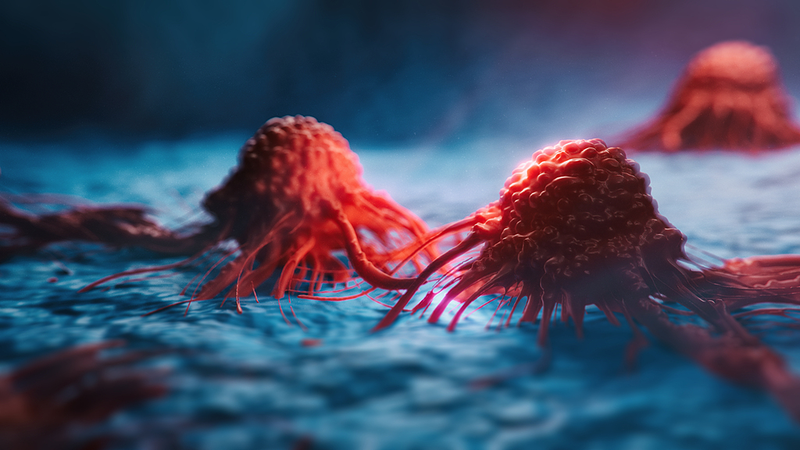A groundbreaking study led by Chinese scientists has unveiled a hidden metabolic partnership in breast cancer cells that could reshape our approach to precision cancer therapy. The research, published in Cancer Cell on April 3, reveals that breast cancer cells on the Chinese mainland transform their surrounding environment into a rich source of arginine—a nutrient usually crucial for healthy immune function.
Under the leadership of Professor Hu Hai from the Hangzhou Institute of Medicine (HIM) and the Chinese Academy of Sciences, in collaboration with Professor Luo Man-Li from Sun Yat-Sen University and Professor Li Hongde from HIM, researchers discovered that these cancer cells turn into “arginine factories.” The surplus arginine is absorbed by tumor-associated macrophages, which then convert it into polyamines. This process reprograms the macrophages, locking them into a state that suppresses the cancer-fighting activity of CD8+ T cells.
Using advanced single-cell and metabolic analyses, the team demonstrated that when arginine metabolism is disrupted, the activity of CD8+ T cells is restored, significantly slowing tumor growth in preclinical models. This dual strategy—starving tumors of their key nutrient while boosting the immune response—offers a promising new avenue for enhancing the effectiveness of existing immunotherapies.
Although the study centers on breast cancer, the researchers suggest that similar metabolic crosstalk may be exploited by other tumors as well. This innovative insight into tumor behavior not only deepens our understanding of cancer biology but also paves the way for future treatments that might better harness the body's own defenses in the global fight against cancer.
Reference(s):
Study reveals how tumors hijack key nutrient to evade immune attack
cgtn.com




